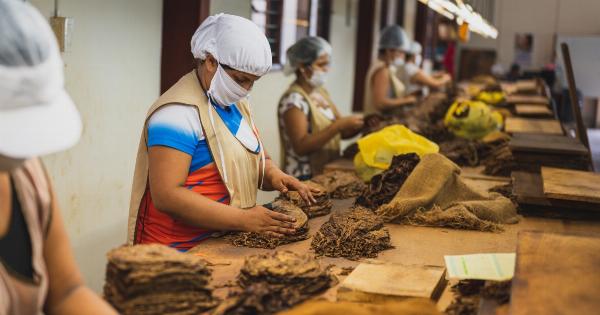With advancements in medical science, more and more couples are opting for In-Vitro Fertilization (IVF) to conceive a child. While IVF is a safe procedure, some parents are worried about the potential risk of cancer in offspring due to the technique.
In this article, we will explore the link between IVF and cancer in offspring, along with its causes and possible preventive measures.
What is IVF?
Before we dive into the connection between IVF and cancer, let’s first understand what IVF is. IVF is a procedure where a woman’s eggs are fertilized outside her body and then implanted into her uterus.
The process can take several weeks and involves multiple steps, including the stimulation of the ovaries, retrieval of eggs, fertilization, and implantation.
: The Link between IVF and Cancer in Offspring
The main concern of parents is that IVF may increase the risk of cancer in their offspring. However, studies have shown mixed results on this matter.
Some studies suggest that IVF may slightly increase the risk of cancer in offspring, while others show no evidence of this correlation.
: Causes of Cancer Risk in Offspring
Several factors may contribute to the potential risk of cancer in offspring born through IVF:.
: 1. Age of Parents
Advanced parental age is one of the primary risk factors associated with cancer in offspring. As women age, their eggs are more likely to have genetic mutations that can increase the risk of cancer in their offspring.
Similarly, older men may have increased mutations in their sperm, which can also increase the risk of cancer in their children.
: 2. Use of Hormonal Drugs
One of the essential steps of IVF involves the use of hormonal drugs to stimulate egg production. These hormones can increase the levels of estrogen and progesterone in the body, which may promote the growth of cancer cells.
However, more research is needed to ascertain the link between hormonal drugs and cancer in offspring.
: 3. Use of Assisted Reproductive Techniques
IVF is not the only assisted reproductive technique available to couples. Other methods like intrauterine insemination (IUI) and intracytoplasmic sperm injection (ICSI) may also increase the risk of cancer in offspring.
In ICSI, a single sperm is directly injected into the egg, bypassing natural barriers. This can increase the risk of genetic mutations that can lead to cancer in offspring. However, the risk of cancer with ICSI is still debatable and needs further investigation.
: Preventive Measures
Although the possible link between IVF and cancer in offspring is still under investigation, certain measures can be taken to reduce the risk:.
: 1. Genetic Testing
Genetic testing can identify any genetic mutations that may increase the risk of cancer in offspring. This can help couples make an informed decision on whether to proceed with IVF or other assisted reproductive techniques.
: 2. Use of Low-Dose Hormonal Drugs
Using lower doses of hormones during IVF can reduce the risk of cancer in offspring. However, this approach may also decrease the success rate of IVF, so couples should weigh the pros and cons before making a decision.
: 3. Freezing Embryos
Freezing embryos can reduce the use of hormonal drugs in IVF, as embryos can be used in future cycles without the need for ovary stimulation. This can lower the risk of cancer in offspring born through IVF.
: Conclusion
IVF is a safe and effective way for couples to conceive a child. While the possible link between IVF and cancer in offspring is still not fully understood, certain measures can be taken to reduce the risk.
Couples should carefully weigh the pros and cons of IVF before making a decision and consult with their healthcare provider to ensure the safety of their potential offspring.































